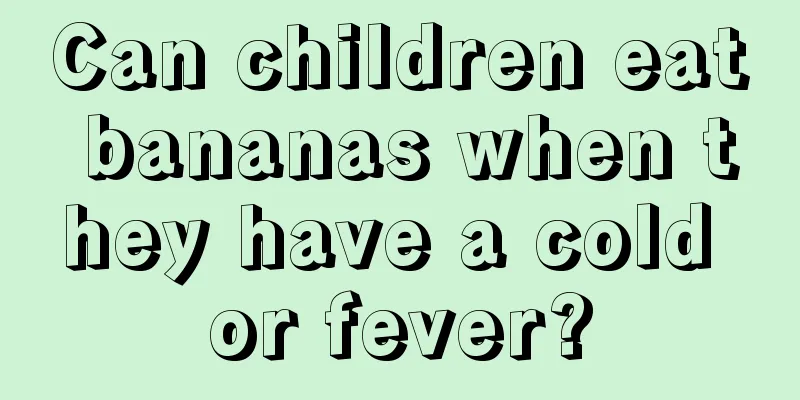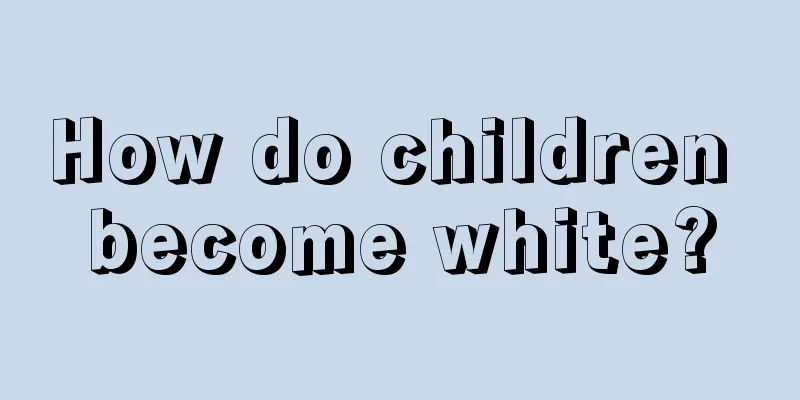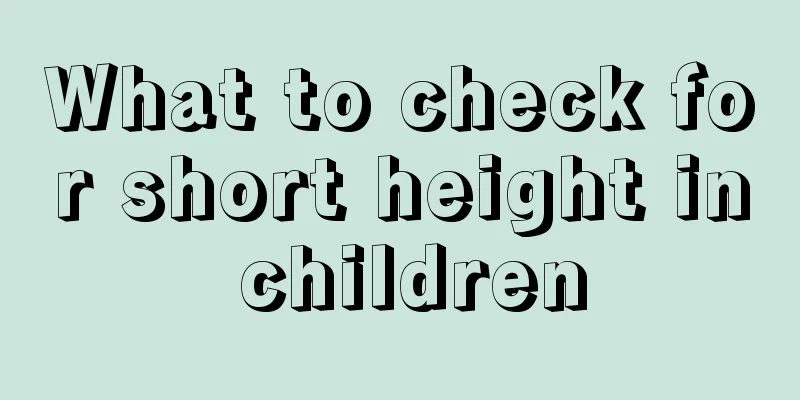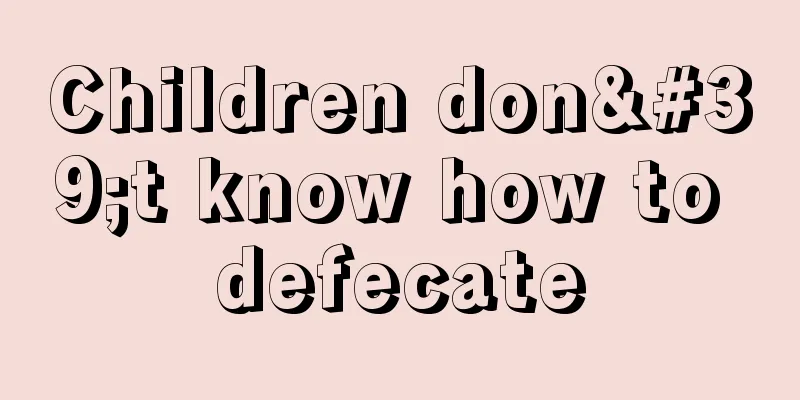What medicine should I take for postnasal drip in children?
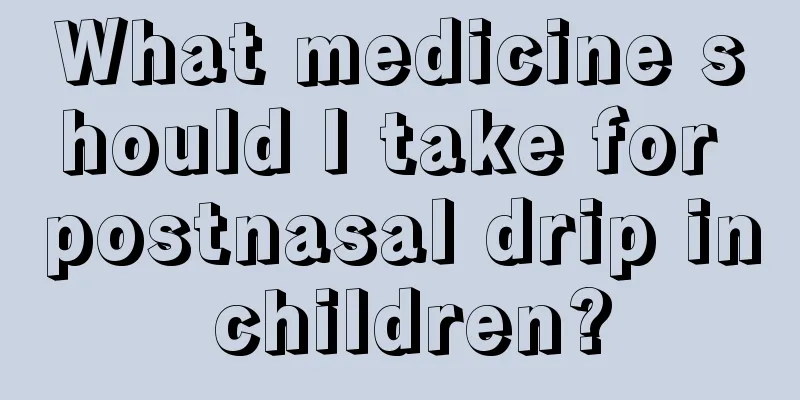
|
We all know that children's resistance is weaker than ours, and once children get sick, they are likely to cause many other complications. Children's rhinitis is generally caused by colds. If the rhinitis is not relieved after the cold is cured, it will cause rhinitis. If parents do not pay attention to rhinitis and do not treat it, they will suffer from postnasal drip. So what medicine should children take for postnasal drip? 1. Definitions: Postnasal drip is not actually a single disease. Unlike allergic rhinitis, sinusitis, colds, etc., it is just a condition of postnasal drip caused by various different diseases. 2. The principle of postnasal drip: The nasal mucosa of a normal person actually continuously produces secretions and forms a protective layer on the surface of the nasal mucosa, which is very important for the normal defense function of the nasal cavity. The total amount of these secretions is not small, but the secretion is relatively constant. They are evenly discharged into the nasopharynx by the swing of cilia on the surface of the nasal mucosa and are generally not felt. 3. Treatment of postnasal drip The source of postnasal drip is in the nose, but its manifestations are in the throat or lower respiratory tract, so in clinical practice, there are certain problems in diagnosis and treatment. Typically, ENT doctors focus on nasal problems and refer patients to respiratory medicine or pediatrics for coughs. However, pediatricians often ignore the condition of the nose due to their lack of knowledge about the diagnosis and treatment of rhinitis. As parents, if they see a problem with the nose, they will go to the ENT department; if they see a cough, they will go to the pediatric department. This resulted in a delay in the treatment of the disease. As a parent, how do you determine if postnasal drip exists? From my own clinical experience, we need to pay attention to the following aspects: (1) When a child has symptoms of coughing, first carefully observe whether he has rhinitis. When children have a cough, parents become more nervous and fear that they may get bronchitis and pneumonia. People often ignore nasal problems and only focus on coughing. The more typical symptoms of postnasal drip caused by sinusitis include the child sniffing his nose and coughing with phlegm, and the cough mostly occurs in the morning when getting up, and is fine during the day. Sometimes you may have a stuffy nose, sometimes not, and sometimes you may have a runny nose, sometimes not. Allergic rhinitis is also accompanied by symptoms such as sneezing, rubbing nose and eyes. If you have symptoms of rhinitis, you must see an ENT doctor to rule out rhinitis. (2) If the cough does not improve significantly after three days of medication, or if there is some relief after treatment but the improvement is less than 70-80% after one week of treatment, you should also consider whether it is related to rhinitis. Of course, this standard also applies to other rhinitis conditions. Because usually if the diagnosis is correct and the treatment is effective, this effect should be achieved. Otherwise, the diagnosis or treatment plan needs to be re-evaluated and adjusted. |
<<: What causes rough skin on children’s legs?
>>: Normal intraocular pressure in children
Recommend
Why do young children sweat when they sleep at night?
Sometimes the weather is cool, but when a child f...
What should I do if my child’s throat becomes festering?
Children's immune system is relatively weak. ...
How to treat diaper rash
Diaper eczema is a very common skin disease in ma...
What to do if your child's nose is always blocked? The correct way to relieve nasal congestion
Usually, people are prone to nasal congestion aft...
The reason why babies don't poop for two days
In fact, in daily life, when taking care of your ...
Why does my child have recurring coughing attacks?
Many children suffer from respiratory diseases an...
How to treat jaundice in children
Due to the mother's damp and cold constitutio...
Two-year-old baby has red bumps all over his body
The baby's skin is very delicate and easily i...
What to do if a one-year-old child has poor digestion
I believe everyone has encountered poor digestion...
How to pick your baby's nose
Many parents and friends will find that their bab...
What medicine should children take for dry cough
Children are more susceptible to illness than adu...
What to do if your baby has a viral cold
A viral cold in a baby is the most troubling thin...
Why do babies have hot hands and feet?
There are often many reasons why babies' palm...
What is the matter with babies giving up milk?
In the early stages of a baby’s life, many mother...
What's wrong with a child having a low fever and sweating?
Low-grade fever is a relatively common disease at...
